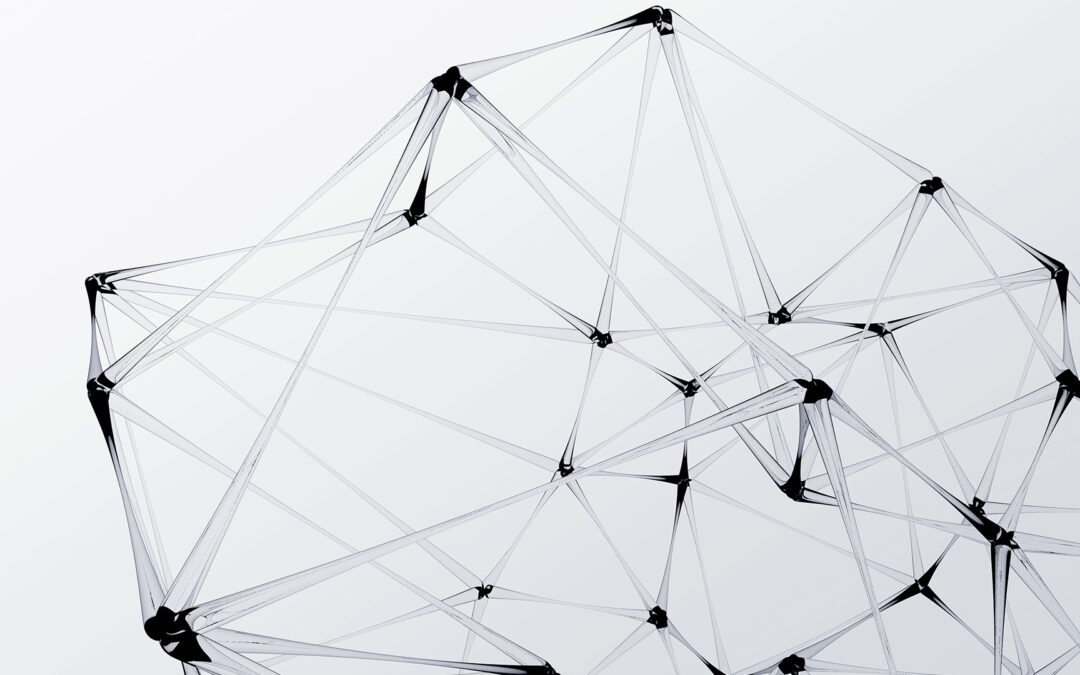Blockchain has emerged as the technological breakthrough the healthcare sector desperately needs.
For many years, healthcare has generally been struggling with cyber security, record keeping, privacy issues, waiting lists and ever-increasing administrative costs, but blockchain is offering solutions to all of those problems.
In this article, we’ll explain how.
What is blockchain?
A blockchain is a digital, decentralised and public ledger that handles the process of recording and tracking assets within a network of computer systems.
It can store data of any kind, relating to physical or digital assets.
Blockchain structures its data into ‘blocks’ that are ‘chained’ together.
Think of it like an operating system.
In the same way that Microsoft’s Windows or Apple’s OS run many apps and programs, so too does blockchain.
Applying blockchain to the healthcare sector
Blockchain can be applied to the medical and healthcare industry in many ways because of its open and highly secure nature.
The end result can be greatly reduced costs and new ways for patients to access healthcare.
A big problem in the healthcare sector is the inability to share a patient’s sensitive data, without placing their privacy at risk.
Healthcare is particularly vulnerable to hackers. According to IBM Security, the US healthcare industry incurred the highest average data breach cost in 2021 and 2022, with a large year on year increase from US$9.23 million to US$10.1 million.
Blockchain, however, holds the key to a new, efficient system, which would be far more secure than what any other online technology offers.
By placing electronic health records on a blockchain, doctors and medical staff can control the flow of information with a single, trusted platform.
Multiple health providers can access the data when needed and trust that the information is accurate.
Through smart contracts and encryption, patients can receive faster and potentially even better care.
This is the result of healthcare providers no longer having to rely on patient files being mailed or emailed from other sources.
Essentially, records can for the first time be owned by the patient, rather than healthcare providers.
However, the storing of patient records is just one problem that can be solved within the medical industry, with the technology also being used to improve supply chains, insurance settlement processes and identity verification.
Real-world examples of the impact of blockchain on healthcare
Pioneering companies in the sector are already using blockchain to revolutionise the way they do business.
Below we explore what they’re doing:
-
- Chronicled
Chronicled provides systems where various players in the healthcare sector can authenticate their identities as organisations, register contract details and track transactions.It is thought that by having shared digital contracts between companies, wholesalers, insurers and distributors, there will be a significant reduction in disputes over payment chargeback claims for medications and other medical goods and services.
Data provided by Chronicled suggests there are more than a million chargeback claims made between these players every year, with more than five per cent of those disputed.
- Chronicled
-
- Patientory
Patientory says it’s empowering people to take charge of their own health by revolutionising the way healthcare stakeholders and patients interact and gain access to information.The company uses blockchain architecture to decentralise health data, making it more secure and less susceptible to data breaches.One of its unique features is that it aggregates data from health providers as well as wearable technology, allowing clinical data to be combined with test results and sleep and exercise activity.
- Patientory
-
- Curisium
Curisium employed blockchain to attempt to improve rebate negotiation and contract management.Since being acquired in 2020 by HealthVerity, it has helped to automate workflows and enabled new opportunities for collaboration and cost-savings.
- Curisium
Read more:
- What is blockchain?
- Do I need blockchain?
- How to transition your company to blockchain
- How do I choose the right blockchain?
Return back to the BLOG
Rewired.one partners with large enterprises, startup businesses and government agencies to unlock the full power and value of blockchain technology.
Want to know what’s possible with blockchain and your healthcare organisation?
The possibilities are endless. And with the right support, it is easier to get started than you might think.
With our dynamic mix of consulting and engineering capability, rewired.one has a dedicated, end-to-end process that starts with helping healthcare organisations understand the potential and feasibility of blockchain for their specific needs.
Start with a conversation with the experts.
Request to book a free discovery session now.
Ready to build the future with blockchain? It starts with a conversation.
Fill out your details below and we’ll be in touch.

